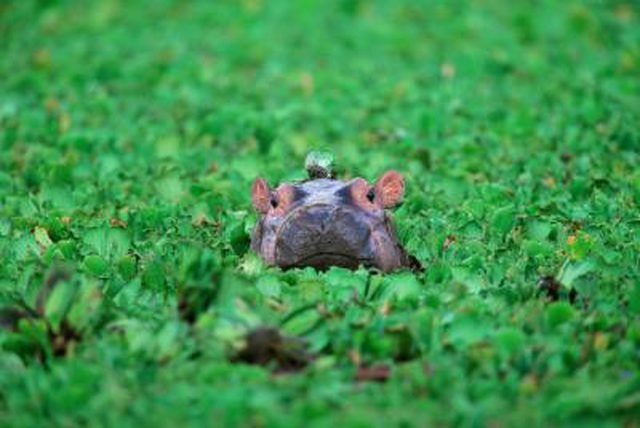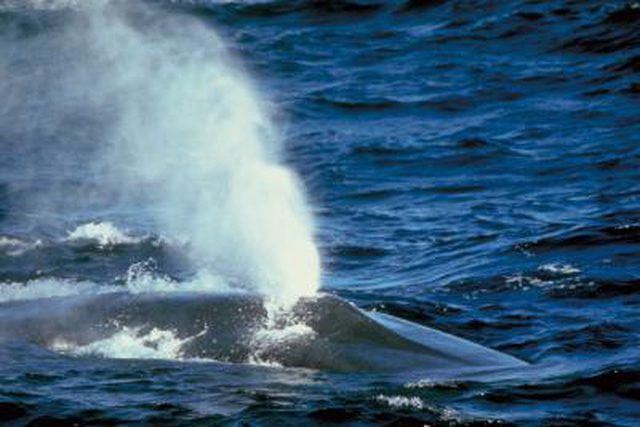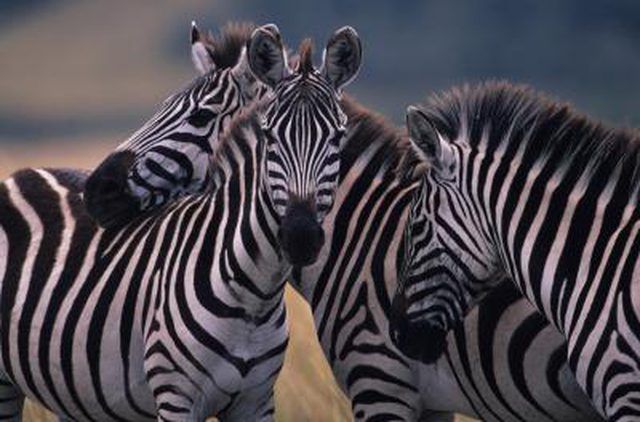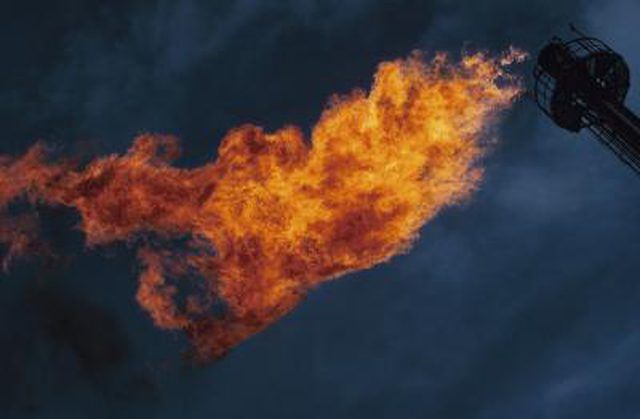Bulbs
Flower Basics
Flower Beds & Specialty Gardens
Flower Garden
Garden Furniture
Garden Gnomes
Garden Seeds
Garden Sheds
Garden Statues
Garden Tools & Supplies
Gardening Basics
Green & Organic
Groundcovers & Vines
Growing Annuals
Growing Basil
Growing Beans
Growing Berries
Growing Blueberries
Growing Cactus
Growing Corn
Growing Cotton
Growing Edibles
Growing Flowers
Growing Garlic
Growing Grapes
Growing Grass
Growing Herbs
Growing Jasmine
Growing Mint
Growing Mushrooms
Orchids
Growing Peanuts
Growing Perennials
Growing Plants
Growing Rosemary
Growing Roses
Growing Strawberries
Growing Sunflowers
Growing Thyme
Growing Tomatoes
Growing Tulips
Growing Vegetables
Herb Basics
Herb Garden
Indoor Growing
Landscaping Basics
Landscaping Patios
Landscaping Plants
Landscaping Shrubs
Landscaping Trees
Landscaping Walks & Pathways
Lawn Basics
Lawn Maintenance
Lawn Mowers
Lawn Ornaments
Lawn Planting
Lawn Tools
Outdoor Growing
Overall Landscape Planning
Pests, Weeds & Problems
Plant Basics
Rock Garden
Rose Garden
Shrubs
Soil
Specialty Gardens
Trees
Vegetable Garden
Yard Maintenance
Why Is Carbon Important to Living Organisms?
Why Is Carbon Important to Living Organisms?. Carbon is the basic building block for all forms of life on Earth. Fortunately, carbon is also one of the most abundant elements on our planet. Like all matter, carbon can neither be created nor destroyed, and so all living organisms must find a way to continually reuse the finite carbon supply that is...
Carbon is the basic building block for all forms of life on Earth. Fortunately, carbon is also one of the most abundant elements on our planet. Like all matter, carbon can neither be created nor destroyed, and so all living organisms must find a way to continually reuse the finite carbon supply that is available.

Any particular biological process or system can usually be understood in terms of chemistry: living creatures are, to a large extent, a series of chemical reactions occurring in a particular context. So, the simplest explanation for the importance of carbon to living organisms is a chemical one. Carbon is the chemical basis for most of the molecules that are important to maintaining life. These molecules include carbohydrates, lipids (the category that includes fats), proteins and nucleic acids (made famous by DNA, the chemical that contains our genetic code).

The only source of outside energy available to our planet is the radiation from the sun--however, some living organisms (such as animals) cannot use the Sun directly to produce food and to keep themselves alive. So we are all dependent on the organisms that do have this special ability: plants. Plants turn sunlight into food by combining the sunís energy with carbon, which plants absorb from the atmosphere in the form of carbon dioxide. Carbon is the key for photosynthesis, which ultimately provides food for all living things on Earth.

If photosynthesis is the way that the sunís energy is combined with carbon to produce food, then respiration is the way that food is turned into energy for use by a living organism. All of the food animals eat is based on carbon atoms (humans can eat carbohydrates, proteins and lipids). Animals use oxygen to convert this food into energy they can use, and to maintain a steady supply of carbon atoms that are necessary for building any animal cells. Respiration also returns carbon dioxide back to the atmosphere as a waste product, where plants can reabsorb it in the process of photosynthesis.

While an organism is alive, it acts as a "carbon sink," or as storage for carbon atoms, because so many carbon atoms are being used to build the organismís skin, bark, toenails or leaves. However, as soon as an organism dies, these valuable carbon atoms begin to be returned to the environment, where they can be used by other organisms. Decomposers are tiny microorganisms that live in soil and water, and they consume organic waste matter and dead organisms, returning the carbon back into the atmosphere in the form of carbon dioxide.

Carbon dioxide is the form that carbon takes in our atmosphere, and it is crucial for maintaining life on Earth. However, a relatively recent source of carbon dioxide in the atmosphereóthe burning of fossil fuels by humansóhas greatly increased the amount of carbon dioxide in the atmosphere. This increased level of carbon dioxide threatens to upset the natural carbon balance previously maintained by photosynthesis, respiration and decomposition. This extra carbon dioxide acts like a blanket in the atmosphere, perhaps causing global warming.
